Students say that day by day it gets a little more cozy, a little more comfortable and safe. And fun. Living in school feeding centers in rural Mongolia, where CICED, together with our Mongolian partner MAPSSD, is implementing the “Better School Start-Better School Life” project.
The increase is not due to large investments in the infrastructure of the catering departments. Which is much needed in many places. We’ll get to that below. In return, we can help change the way dietary departments operate.
This is very much about staff training, with a focus on making the dietary department function as much like a family as possible. And not as an institution. Big kids help the smaller ones. Siblings live in the same room. There are great and fun opportunities for games and entertainment in your free time.
Close collaboration between school teachers and dietary staff. And between staff and parents. Good visitation options for parents when the kids don’t come home on weekends.
Dietary departments – a necessity
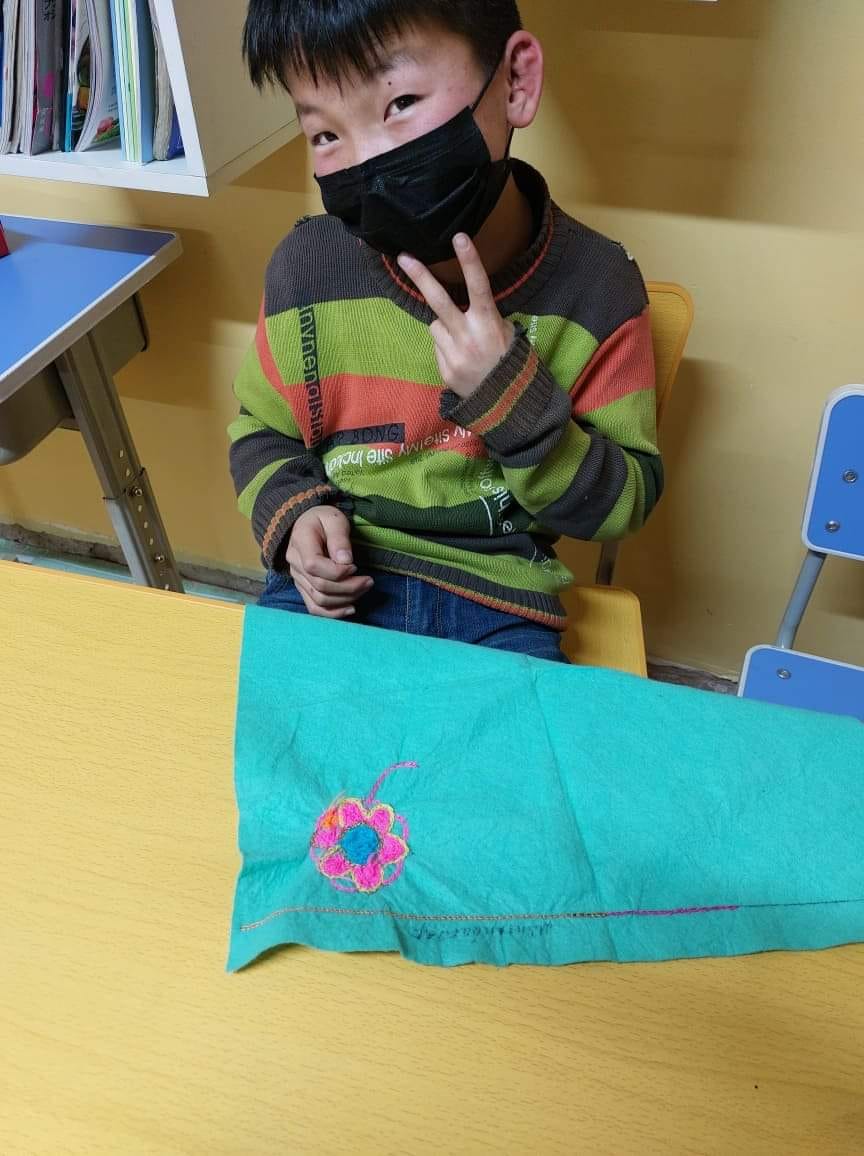
Around 36,000 children and young people in rural Mongolia have to stay at school for much of the school year, which starts on September 1 and ends in mid-June. It’s not an option. For them, there’s just no other option when it comes to school. There are nine years of compulsory schooling in Mongolia.
Nomadic families typically move four times a year when new grazing areas are needed for the animals. The seasonal residences are too far from the school for children to ride back and forth.
Therefore, as part of the modernization under socialism in Mongolia from 1921 to 1990, schools with boarding facilities were built even in the remotest corners of the vast country. This school system was the backbone for UNESCO to state that Mongolia had a literacy rate of 95-96% in 1990. In Asia, only matched by Japan.
Today, boarders spend weekends with their families once or twice a month and during holidays: two weeks in November, one week around the turn of the year, two weeks for Tsagaan Sar, Mongolian New Year in February and a couple of weeks in April-May. Summer vacation mid-June to the first of September.
There are alternatives to the broom departments. Some may stay with family in the village where the school is located. Others choose to split up the family, with mom and kids moving to the village and dad staying with the animals on the plains. However, the latter arrangement is deeply problematic. Not only because the family is split up for many months, but nomadic life requires more than a pair of hands to make it even remotely bearable – especially in winter.
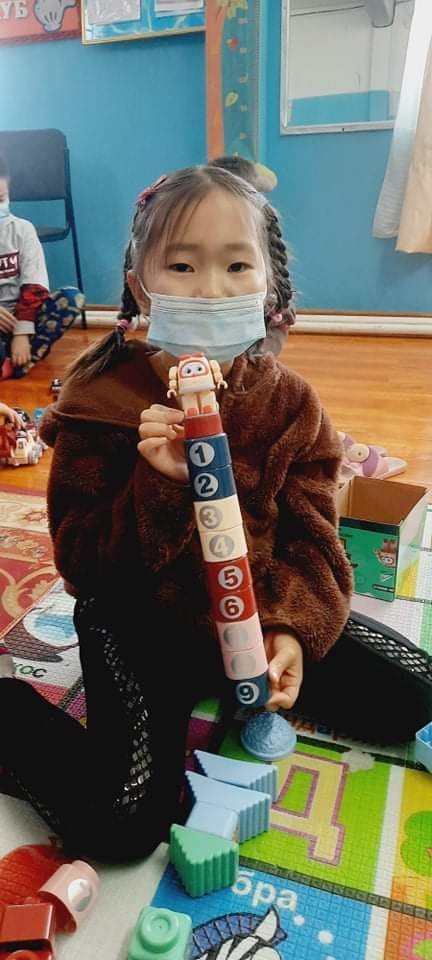
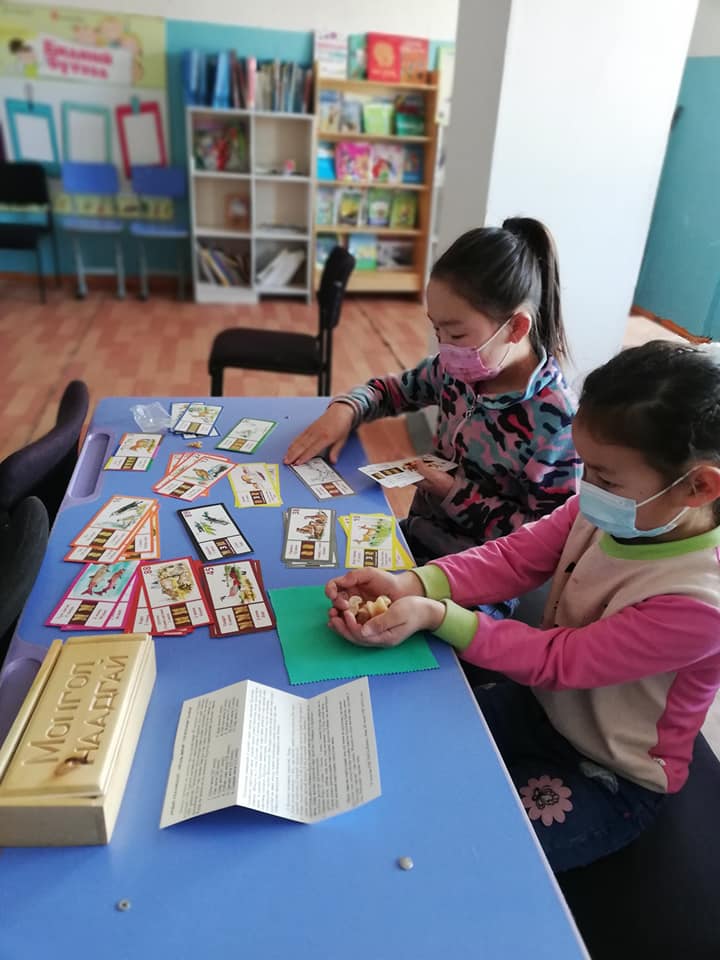

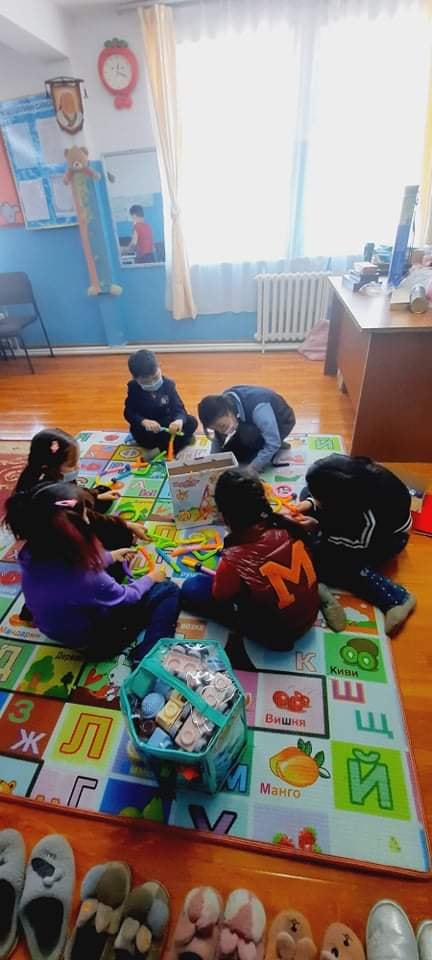
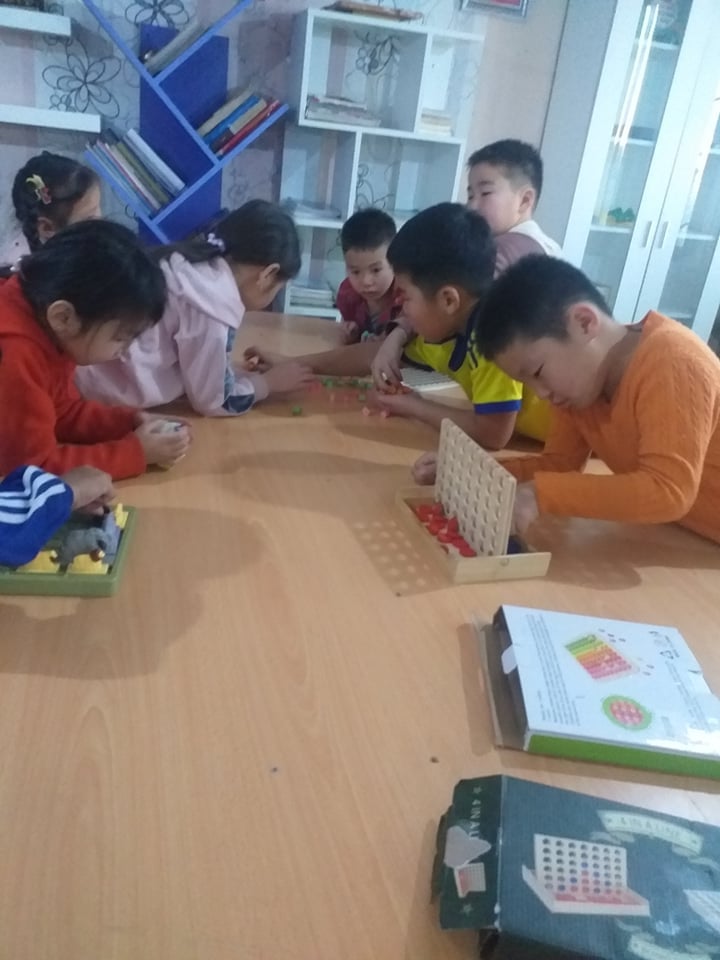
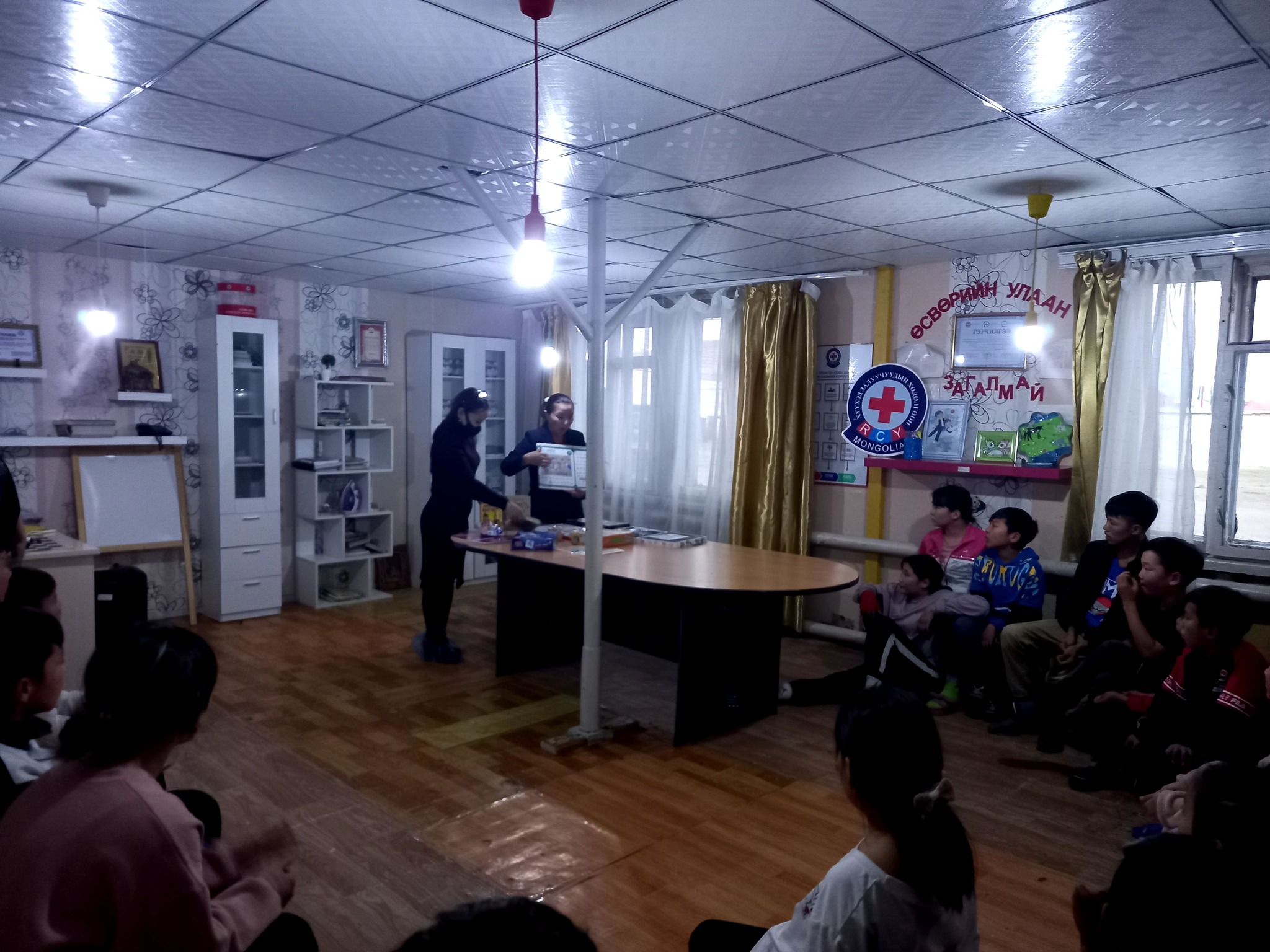
Dietary department upgrade needed
Schools in rural Mongolia were hit hard by the economic collapse of the 1990s. And even though great progress has been made over the last 30 years – partly thanks to persistent Danish cooperation – some rural dietary departments are not at the level that could be expected in 2022.
Sanitation in particular is a major problem. Typically, there is a toilet in the yard, no running water inside the house and therefore no opportunity to take a shower every now and then. That’s how it is at home for most people in the countryside, so such luxuries have traditionally not been high on the list of public investments in schools.
But advocacy from a project like Better School Start-Better School Life combined with increased political awareness – and money in the coffers – can make a difference. For example, the school in Bayan-Adarga in the Khentii province, which has been part of the Mongolian-Danish cooperation for many years, has commissioned a brand new 1.7 billion tügrig (DKK 2.3 million) boarding house. The construction is paid for by the Mongolian state. Where the more than 30-year-old boarding house used to accommodate 70 students, the new boarding house can now accommodate 110 students, who can enjoy access to indoor toilets and running water.
There are clear and detailed and quite ambitious building and pedagogical standards for how a boarding house should look and function. All that’s missing is the money for new construction or renovation. And for staff training and, in some cases, an increase in staff.
In the current school year, the Mongolian Ministry of Education is investing in the modernization of sanitation in over 100 schools and kindergartens in rural Mongolia. Including eight in “our” districts. Considering that our 2019 survey of the situation in the dietary department showed that 23 out of 58 had “poor conditions”, there is progress, although there is still a long way to go.
In the meantime, our Mongolian partner can steadily work on retraining staff and making conditions a little more pleasant and fun.



